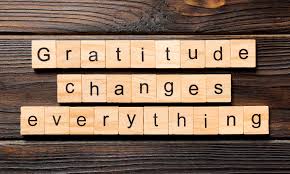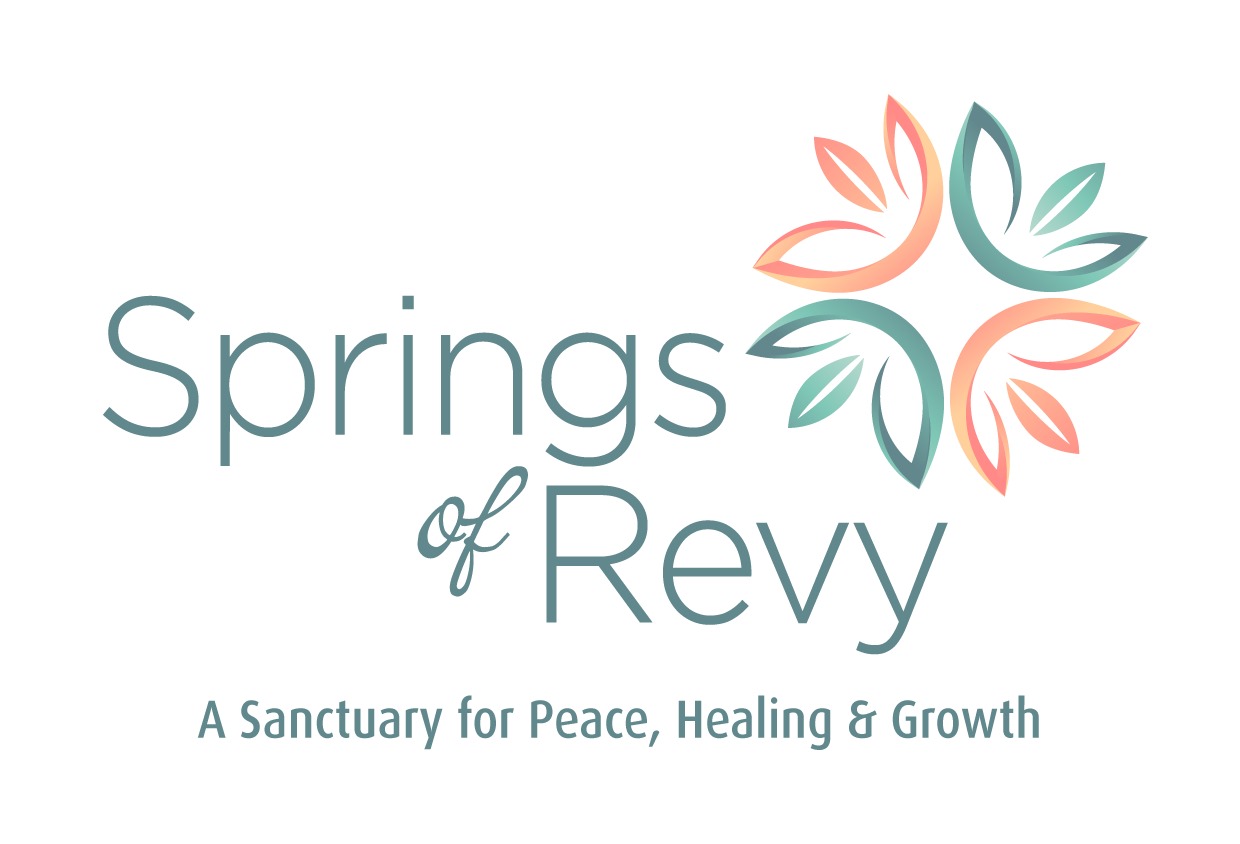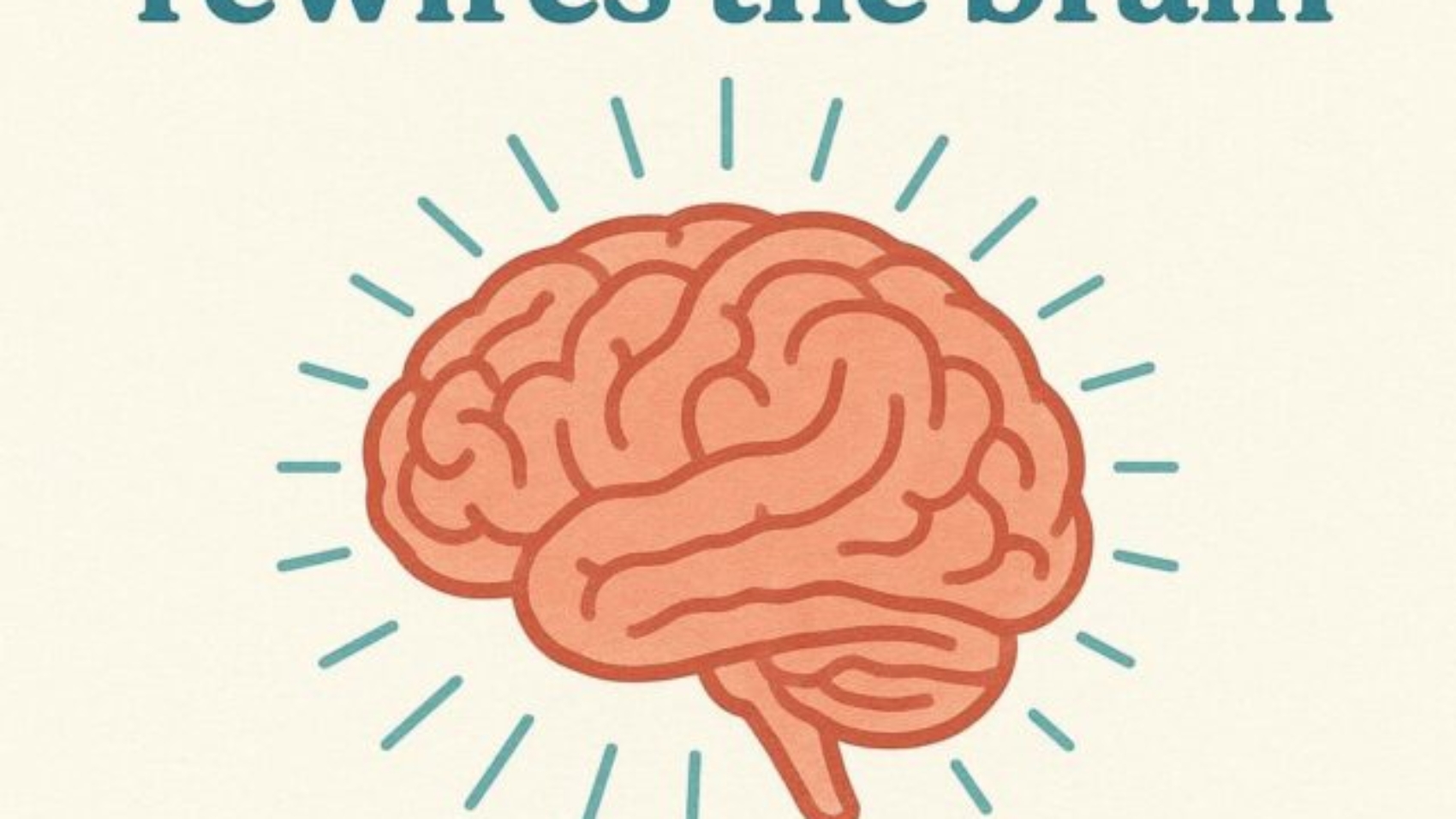Gratitude is more than a pleasant feeling — it’s a powerful psychological tool with proven benefits for mental health, relationships, and overall well-being. Research indicates that cultivating gratitude alters the way our brains function, resulting in lasting effects that foster growth and resilience.
Gratitude and the Brain

Research in neuroscience has shown that practising gratitude activates the brain’s reward pathways, particularly in the prefrontal cortex. This is the area responsible for decision-making, learning, and emotional regulation. When we practice gratitude:
- Dopamine and serotonin levels increase — boosting happiness and motivation.
- The amygdala, the brain’s fear center, becomes less reactive — reducing anxiety and stress.
- Neural connections linked to positive thinking strengthen — making it easier to focus on hope rather than worry.
In short, gratitude isn’t just a fleeting emotion; it rewires the brain for positivity and resilience.

The Impact on the Mind
Psychological studies have found that gratitude:
- Reduces symptoms of depression and anxiety by shifting attention away from negative rumination.
- Improves sleep quality, as people who journal their gratitude report falling asleep faster and resting better.
- Enhances self-esteem, as focusing on blessings reduces unhealthy comparisons with others.
Gratitude in Daily Life
Beyond the science, gratitude transforms how we live:
- Relationships thrive when appreciation is expressed openly.
- Challenges feel more manageable when we recognize sources of support.
- Life satisfaction increases as we learn to notice joy in ordinary moments.
Here are three ways you can incorporate gratitude into your daily life or routine:;
- The “3 Things” Evening Practice-Before bed, write down three things you’re grateful for that happened during the day—big or small. This simple habit has been shown to increase positive emotions, improve sleep, and train the brain to scan for good moments instead of focusing on stress.
- Gratitude Pause in the Morning- Take one minute after waking up to place your hand on your heart and think of one person, place, or moment you’re thankful for. Neuroscience shows that intentionally focusing on gratitude activates the brain’s prefrontal cortex, strengthening pathways for optimism and resilience.
- Gratitude in Action -Express your appreciation out loud—send a quick thank-you text, compliment someone, or voice gratitude to a colleague, friend, or family member. Sharing gratitude not only boosts your mood but also strengthens social bonds and releases oxytocin, the “connection hormone

How Therapy Can Deepen Gratitude

At Springs of Revy Therapy, we help clients go beyond surface-level positivity by integrating gratitude into meaningful therapeutic practices. Together, we explore
- How gratitude can support recovery from trauma.
- Ways to build resilience through daily gratitude rituals.
- Using gratitude as a grounding tool during stress and uncertainty.
Gratitude becomes not just a practice, but a pathway toward healing, clarity, and growth.

Ready to Rewire Your Life with Gratitude?
At Springs of Revy Therapy, we combine evidence-based approaches with compassionate care to help you use gratitude as a foundation for healing and growth. Book a session today and take your first step toward a healthier, more hopeful mind.


